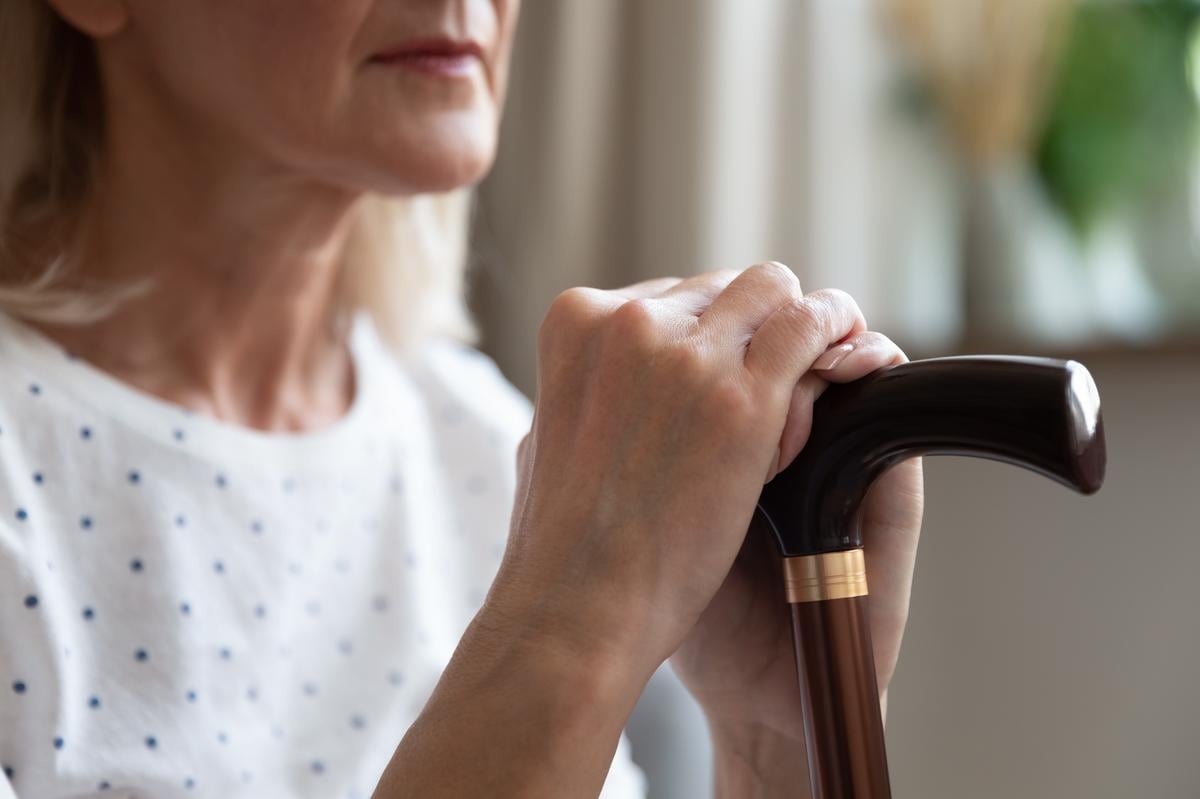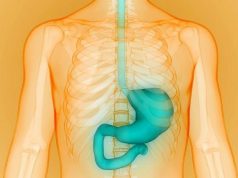Authors say increased vigilance is warranted for patients with mucosal damage
By Lori Solomon HealthDay Reporter
WEDNESDAY, Sept. 11, 2024 (HealthDay News) — A history of upper gastrointestinal mucosal damage (MD) is associated with a higher subsequent risk for developing Parkinson disease (PD), according to a study published online Sept. 5 in JAMA Network Open.
Jocelyn J. Chang, from Tufts University in Boston, and colleagues evaluated the association between upper endoscopy findings of MD (erosions, esophagitis, ulcers, or peptic injury) and a subsequent clinical PD diagnosis. The analysis included 9,350 individuals undergoing upper endoscopy with biopsy from 2000 through 2005, with follow-up through July 31, 2023.
The researchers found that at baseline, patients with MD were more likely to have a history of Helicobacter pylori infection, proton pump inhibitor use, chronic nonsteroidal anti-inflammatory drug use, gastroesophageal reflux disease, smoking, constipation, and dysphagia. During a mean 14.9 years of follow-up, patients with MD were more likely to develop PD (incident rate ratio, 4.15; P < 0.001) versus those without MD, even when adjusting for covariates (hazard ratio, 1.76; P = 0.01). PD risk was also higher for those with constipation, dysphagia, older age, and a higher Charlson-Deyo Comorbidity Index.
“Increased vigilance among patients with MD for future PD risk may be warranted,†the authors wrote.
Abstract/Full Text (subscription or payment may be required)
Copyright © 2024 HealthDay. All rights reserved.








